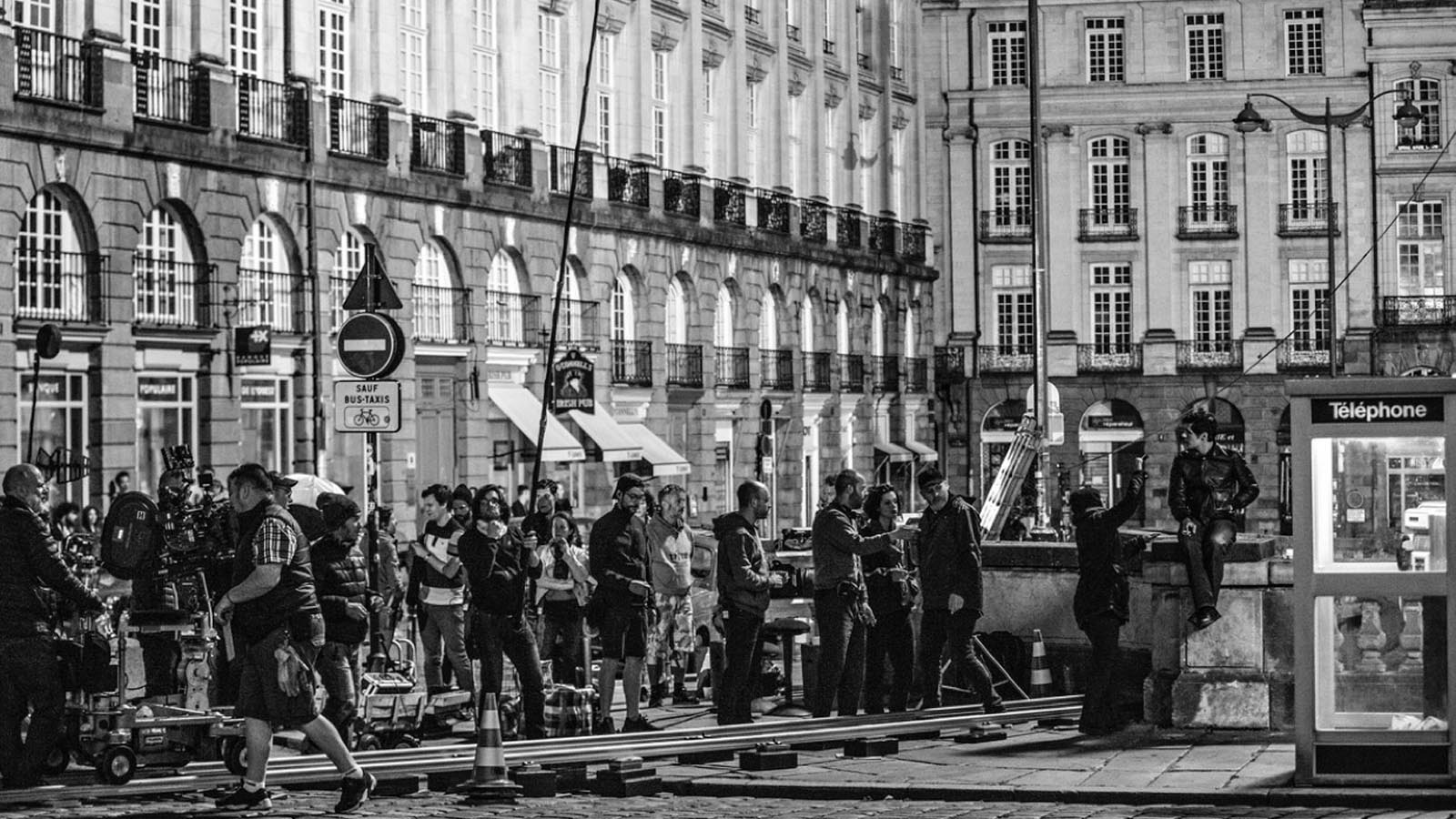New Film Quarterly and Cineaste

Here come the spring 2019 issues. The centerpiece of the new Film Quarterly is a collection of eleven manifestos whose authors range from filmmakers such as RaMell Ross (Hale County This Morning, This Evening) and Karim Aïnouz (Central Airport THF) to Nikita Smirnov and Vasiliy Stepanov, editors of the Russian film journal Séance, and Girish Shambu, who calls for a “new cinephilia.” As B. Ruby Rich writes in her editor’s note, manifestos “are meant to seek the impossible, fantasize its existence, conjure it into being: yes, another cinema, another television, another platform, are possible.”
Along with the columns and festival reports, we find Jerry White placing Cold War within the context of Pawel Pawlikowski’s career and Nilo Couret talking with Maria Augusta Ramos, whose 2018 film The Trial tracks the “parliamentary coup” that toppled Brazilian president Dilma Rousseff. The round of seven book reviews in this issue includes Carrie Rickey’s argument that Peter Biskind’s The Sky Is Falling: How Vampires, Zombies, Androids, and Superheroes Made America Great for Extremism is “something of a bait and switch” and Noah Isenberg’s recommendation of Sheri Chinen Biesen’s Film Censorship: Regulating America’s Screen as an “expertly researched, amply illustrated, and wonderfully concise primer.”
Another highlight is Marc Francis’s conversation with the editors of Unwatchable, a collection of more than fifty essays—contributors have been encouraged to keep their entries to 1500 words or less—on topics ranging from television coverage of disasters and racial violence to the work of filmmakers as varied as Gaspar Noé, Pier Paolo Pasolini, and Andy Warhol. “Viewers are often much more animated discussing the media objects they passionately despise, rather than the ones they most admire,” Maggie Hennefeld, who’s edited Unwatchable with Nicholas Baer, Laura Horak, and Gunnar Iversen, tells Francis. “We started to test the boundaries of this category and were amazed by its extremely broad range of implications—from avid aversions, to ideological blind spots, to materially degraded images. It’s like the unwatchable had been right under our noses the whole time, hiding in plain sight.”
Film Comment has posted the essay that opens the collection in which W. J. T. Mitchell wrangles with the question raised by the title. “To be told you must not see or show something is arguably the greatest temptation to do both,” he writes, before concluding: “There is nothing in the world that is metaphysically and absolutely unwatchable.” We are, of course, still free to refuse to watch anything we like (or, more probably, dislike), just as Jonathan Rosenbaum has declined to view Antichrist (2009). He’s turned his contribution to Unwatchable into an assessment of what he admires and what he finds problematic at best in the work of Lars von Trier.
Rosenbaum has also put up a review that appears in the new Cineaste. While he’s got a few bones to pick with James Morrison’s Auteur Theory and My Son John, he nevertheless holds that this “brilliant monograph” is a “superb history and analysis of auteurist criticism” in its first half and a sharp close reading of My Son John (1952) in its second. “When it comes to outlining Leo McCarey’s characteristics as an auteur,” writes Rosenbaum, Morrison “is no less authoritative, especially when it comes to delineating the dynamics of individual performances as offset and propelled by McCarey’s mise-en-scene.”
The University of Illinois Press, in the meantime, is rolling out Rosenbaum’s new two-volume collection, Cinematic Encounters. Interviews and Dialogues, out now, gathers conversations Rosenbaum has had with filmmakers such as Jean-Luc Godard, Orson Welles, Jacques Tati, Raúl Ruiz, and Béla Tarr, while Portraits and Polemics, slated for a June release, collects his critical writing on several of these directors as well as Jim Jarmusch, Jacques Rivette, and Alain Resnais. “What I’m trying to explore in both volumes is how much film criticism is a social activity involving other people,” Rosenbaum tells Patrick Z. McGavin at RogerEbert.com. “Sometimes it involves polemics and sometimes it involves dialogues. It’s against the idea that the critic is someone who has or should have the first and last word.”
Back to Cineaste, where we find a handful of excerpts from articles in the print edition and a few online exclusives, including David Sterritt’s review of Jean Cocteau’s Les parents terribles (1948), Robert Cashill’s piece on Jack Cardiff’s Dark of the Sun (1968), and David A. Gerstner’s essay on a trilogy by Christophe Honoré. The 2017 novel Ton père, the 2018 film Sorry Angel, and a play that’s just completed a run in Paris, Les Idoles, comprise a three-fold response to the impact of AIDS on gay culture. “Honoré situates himself as artist and spectator through a first-person dialogue with the other French gay artists who inform his work,” writes Gerstner. “As he notes, in using this aesthetic device he joins in the conversations in which Hervé Guibert responded to Genet’s A Thief’s Journal which, in turn, responded to Gide, then to Cocteau, then to Proust, and so on.”
For news and items of interest throughout the day, every day, follow @CriterionDaily.



